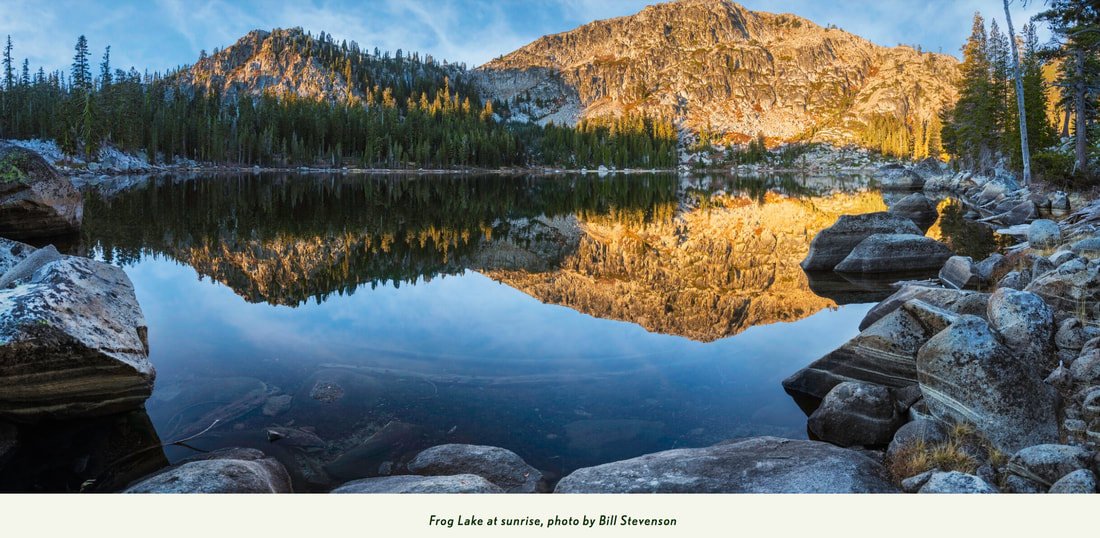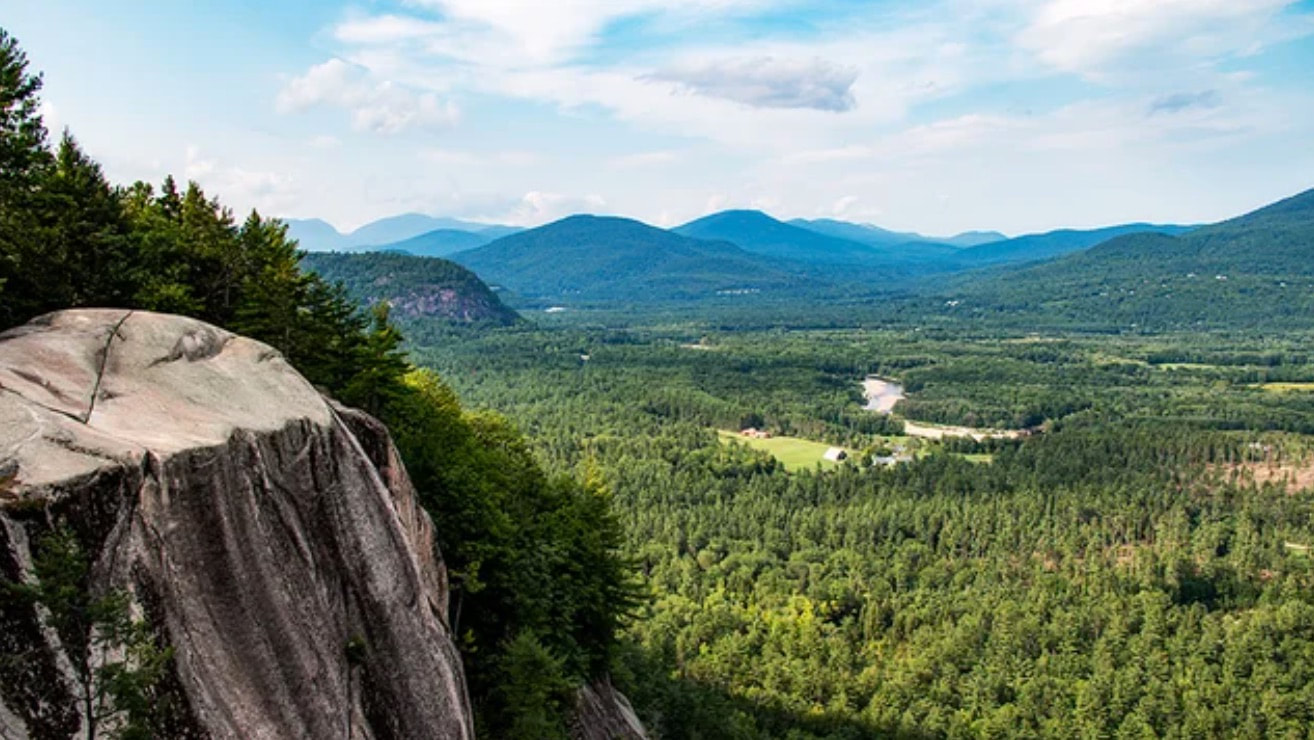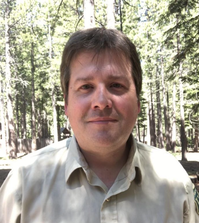The conservation partners led a two-year, $14-million campaign to acquire high-priority private inholdings east of the Sierra Crest, including Frog Lake, Red Mountain and Carpenter Ridge. The acquisitions build on more than a decade of targeted conservation investment in this iconic landscape by the partners that has protected Lower Carpenter Valley (2017), Castle Valley (2016), Crabtree Canyon (2016), Webber Lake and Lacey Meadows (2012), Johnson Canyon (2012), Independence Lake (2010), Cold Stream (2009) and Perazzo Meadows (2008). Together these acquisitions have transformed the once-fragmented landscape of the Tahoe National Forest into a contiguous network of publicly accessible, protected lands covering approximately 140,000 acres in the northern headwaters of the Truckee River.
“These were virtually the last big pieces we needed to conserve the spectacular northern headwaters of the Truckee River,” said Lucy Blake, President of the Northern Sierra Partnership, which has worked with its partners to mobilize an unprecedented level of support for conservation and restoration in the region.
“Protecting this breathtaking landscape will safeguard critical habitat for wide ranging mammals such as black bear, wolverine, Pacific marten, mountain lion and gray wolf that need connected habitat for movement and migration, especially in response to climate change. We are also protecting the headwaters of Prosser Creek, a key tributary of the Truckee River which is the primary water source for Reno and western Nevada,” said David Edelson, Forest Program Director for The Nature Conservancy.
“This is a thrilling acquisition that felt like a dream 10 years ago,” said John Svahn, associate director of the Truckee Donner Land Trust. “The opportunities to explore this seldom-visited stretch of the Sierra, to spend the night at Frog Lake – it’s an incredible landscape we are excited to share with the public.”
“This newly connected landscape will inspire people to explore the outdoors while providing other species increased resilience to a changing climate,” said Markley Bavinger, Sierra Program Manager for The Trust for Public Land. “During the current pandemic we have seen how important open spaces are for everyone's mental and physical wellbeing. This work helps to heal people while also repairing a legacy of checkerboarded ownership in this region."
Frog Lake (elevation 7,600 feet), which sits in a glaciated basin beneath towering Frog Lake Cliff, has been owned by members of the Smith family since they purchased it from the Southern Pacific Railroad in the 1930s. The Truckee Donner Land Trust plans to retrofit the Smith’s historic stone hut into a convivial year-round gathering spot for visitors to Frog Lake, including guests staying in one of four new low-impact backcountry huts the Land Trust plans to install at the lake.
The acquisition of Red Mountain and Carpenter Ridge protects lands adjoining recently preserved Lower Carpenter Valley and the U.S. Forest Service’s Sagehen Experimental Forest. Previously owned by Sierra Pacific Industries, the lands will now be owned by the Truckee Donner Land Trust and the U.S. Forest Service and open to public access.
In addition to building huts to expand opportunities for backcountry skiing, the partners plan to construct a 15- to 20-mile trail connecting Donner Summit near Castle Peak to Frog Lake, Red Mountain, Lower Carpenter Valley, Carpenter Ridge and Independence Lake. The multi-use trail, which will not be completed for several years, will create outstanding new opportunities for the public to explore and enjoy the wild beauties of the Truckee River watershed.
More than 370 individuals and foundations contributed close to $7.5 million to fund the project, with the balance of the funding provided by the federal Land and Water Conservation Fund ($3,200,000), the state Wildlife Conservation Board ($2,700,00), and the California Natural Resources Agency ($890,000).
https://www.truckeedonnerlandtrust.org/news-events/frog-lake-red-mountain-amp-carpenter-ridge-successfully-conserved




 RSS Feed
RSS Feed